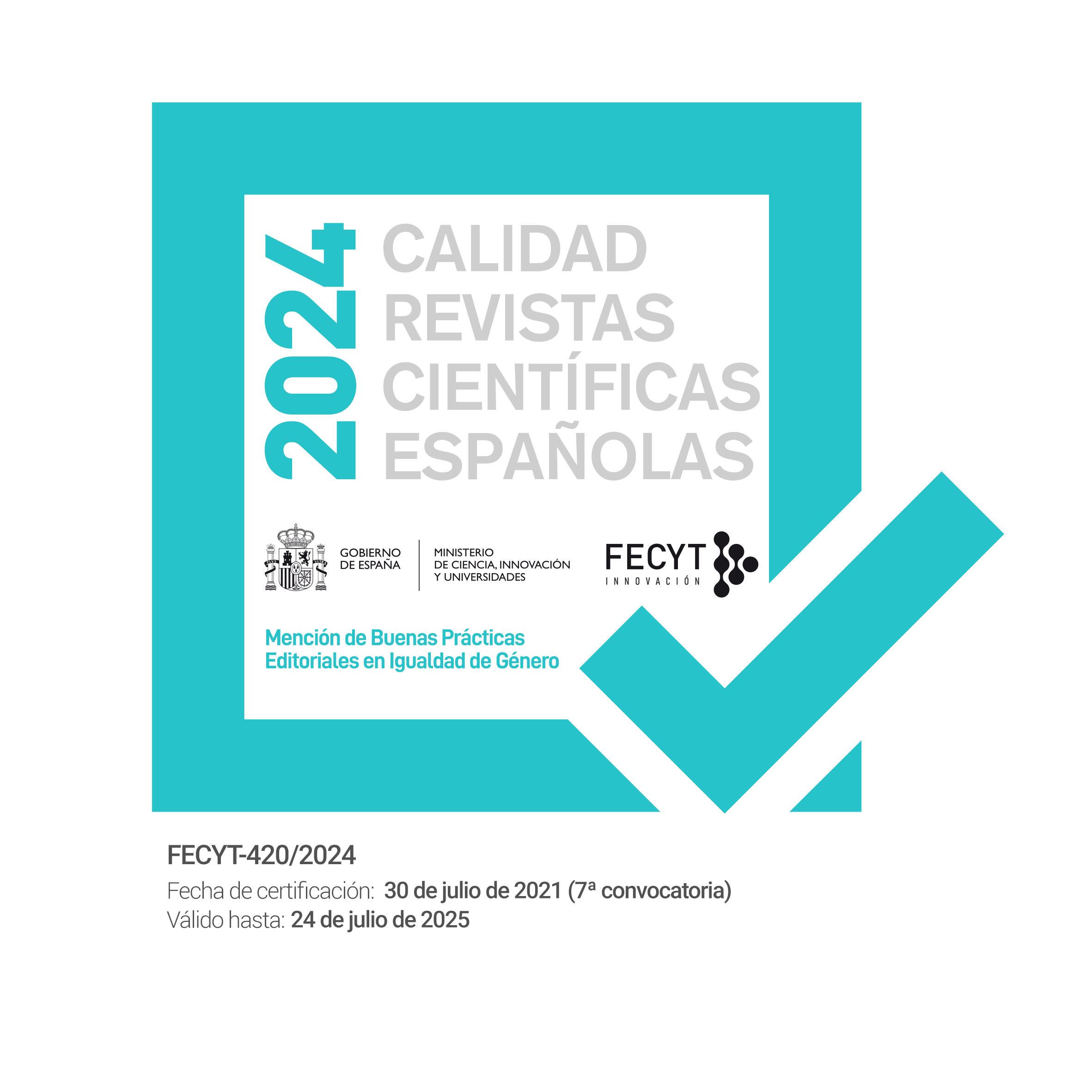La filosofía mesiánica de la historia de Walter Benjamin y Varujan Vosganian
Keywords:
Filosofía de la historia, mesianismo, utopía, memoria, Walter Benjamin, Varujan VosganianAbstract
El ensayo aborda la fascinante y fulgurante afinidad existente entre las filosofías de la historia del filósofo judío Walter Benjamin y del autor armenio-rumano Varujan Vosganian. Para ello, toma como punto de partida dos textos básicos; por un lado, las Tesis de filosofía de la historia del afamado pensador de la Escuela de Frankfurt y, por otro, El libro de los susurros, exitosa narración del escritor rumano contemporáneo, galardonada en 2009 con el Premio a la Mejor Novela Europea. No obstante, dada la pluralidad de interpretaciones de que las tesis benjaminianas han sido objeto hasta el momento, la investigación hace suya la propuesta por el sociólogo franco-brasileño Michael Löwy en su extraordinario ensayo Walter Benjamin. Aviso de incendio. La particularidad de dicha interpretación estriba en que Löwy es el único analista que ha entrevisto una suerte de «fusión alquímica» entre las dimensiones teológica y política presentes en las «tesis» ya referidas, fusión en la que creemos que se origina la sorprendente analogía que presentan los imaginarios de la historia benjaminiano y vosganiano. A su vez, dicho isomorfismo se deriva de la influencia ejercida sobre ambos autores por la corriente de pensamiento conocida como «romanticismo anticapitalista», a partir de la cual uno y otro orquestan una profunda crítica de la ideología del progreso -a la que culpan del exterminio de sus respectivos pueblos-, y frente a la que proponen como alternativa un heterodoxo relato emancipatorio cuyo fundamento radica en la rechazo de la historiografía positivista, la fusión de las luchas profanas y de las aspiraciones mesiánicas y el hermanamiento entre el futuro prometido y el recuerdo de los vencidos.
Downloads
Published
How to Cite
Issue
Section
License
All contents published in the journal are protected under a Creative Commons BY-NC-ND license. This corresponds to legislation within Spain, and does not allow commercial use of the texts. It is not possible to modify the contents either.
General information.
Comparative Literature magazine 452ºF [ISSN 2013-3294] is a publishing project coordinated by Asociación Cultural 452ºF, and developed by its Editorial board.
Access to the Contents and Copyright.
All contents published in the journal are protected under a Creative Commons BY-NC-ND license. This corresponds to legislation within Spain, and does not allow commercial use of the texts. It is not possible to modify the contents either.
Every person has free access to the contents of the journal as long as they understand and assume that no profit is to be made on other people’s work.
In all cases, the original source name of the online journal and the article must be mentioned when used for any purposes.
Basic Conditions of all Call for Papers.
- 1. The author accepts that sending the paper:
- a. Does not guarantee the publication of it.
- b. Is done in accordance to the style-sheet of the magazine and the requirements of the specific call for papers.
- c. Implies the non-exclusive transferring of the first publication rights of the paper, as long as it is selected to be published in the journal, to theAsociación Cultural 452ºF, under a Creative Commons BY-NC-ND license.
- 2. The journal 452ºF, in due respect to moral rights of a copyright, guarantees that:
- a. All papers will be evaluated according to the procedure already mentioned.
- b. All authors will receive either a positive or negative answer to their sending a paper for publication.
- c. All papers will be published unabridged. The journal might make changes in the typographical disposition according to the needs.
- d. All papers will be published under a Creative Commons BY-NC-ND license.




